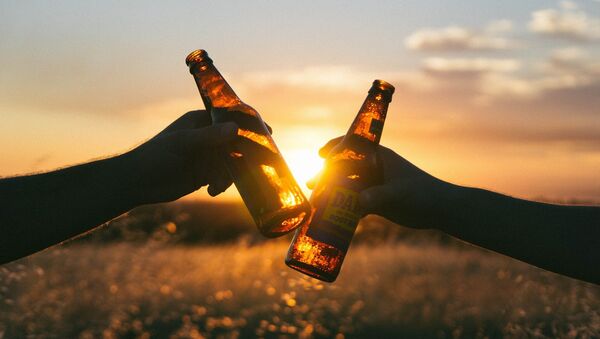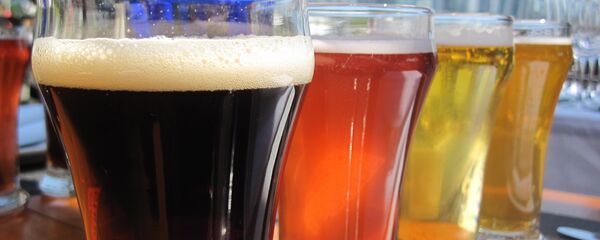A total of 54,000 liters of ‘festival-class' urine was collected at Roskilde Festival by the Danish Agriculture and Food Council. In spring 2016, the urine was used to fertilize fields, yielding no less than 11 tons of barley. To complete the circle of beer, a pilsner, with the tongue-in-cheek name of 'Pisner', will quell beer-lovers' thirst this summer. A total of 60,000 bottles of the unconventional beer will be brewed in collaboration with the Nørrebro brewery. Other, more straightforward suggestions included 'Yellow ale' and 'Pale piss.'
I 2015 startede #beercycling på Roskilde Festival — Nu skal vi fra pis til pilsner, men hvad skal øllen hedde?? #cirkulærøkonomi cc @drp3 pic.twitter.com/MYwE2yP9Xj
— Landbrug&Fødevarer (@spisekammeret) 20 марта 2017 г.
According to Karen Hækkerup, CEO of the Danish Agriculture and Food Council, beercycling allowed them to keep a useful product from literally being flushed down the drain.
"When it comes to circular economy, Danish farmers are some of the best in the world. If you can brew a beer with urine as fertilizer, you can recycle almost anything," Karen Hækkerup said.
.@KarenHaek er i studiet hos @drp3 — vi brygger øl på tis. #beercycling #cirkulærøkonomi #dkpol pic.twitter.com/hv3VSt2pRO
— Søren Andersen (@SmedenAxborg) 20 марта 2017 г.
Nørrebro brewery executive director Henrik Vang called beercycling a "cool" project, stressing the challenges of sustainability and circular economy.
The product will be available for beer connoisseurs in June 2017.
The Roskilde Festival, held in the eponymous Danish city, has been attracting thousands of music lovers from all Europe since 1971. In recent years, it has attracted some 130,000 visitors annually, so there will obviously be no lack in supply for the Danish brewers.
Beercycling English from Landbrug & Fødevarer on Vimeo.
Never miss a story again — sign up to our Telegram channel and we'll keep you up to speed!



